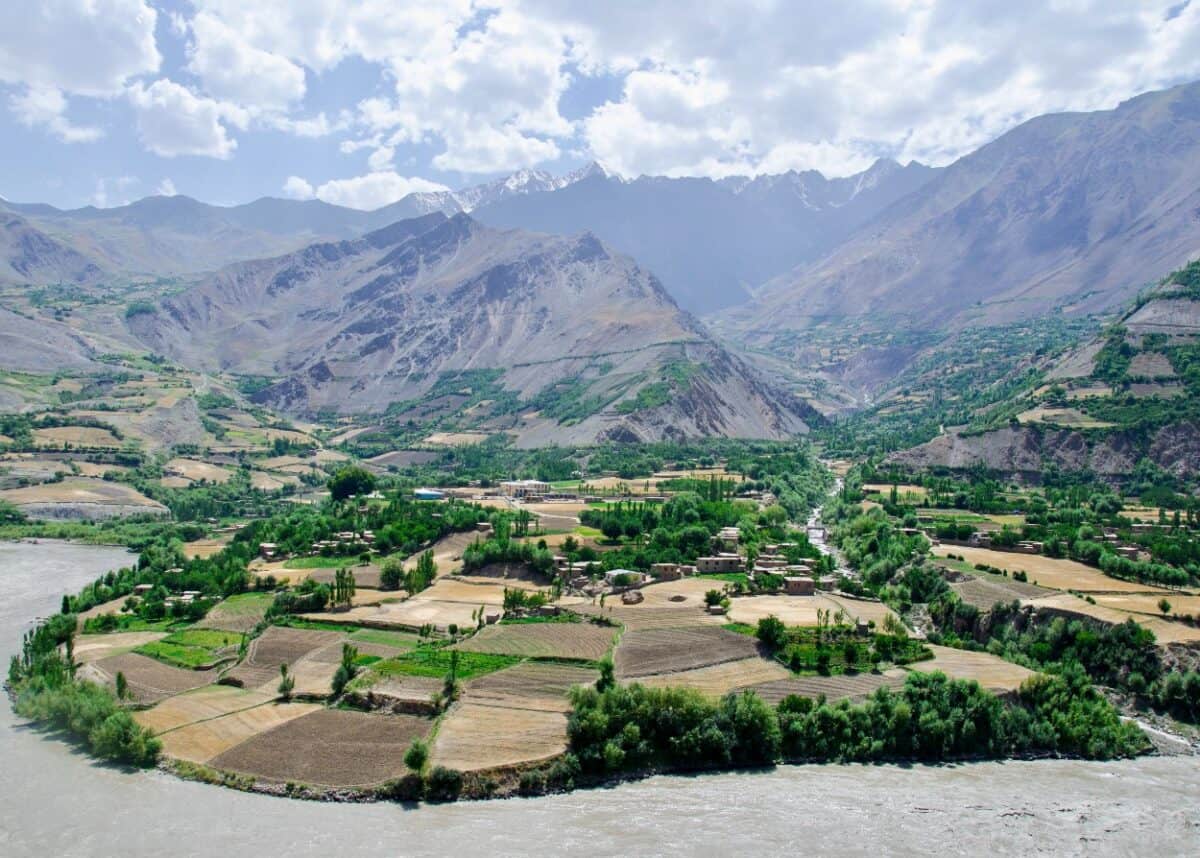Michelle Grattan, University of Canberra
Australia will shut its residential embassy in Afghanistan before its troops leave the country, amid concerns of an expected worsening security situation.
Prime Minister Scott Morrison and Foreign Minister Marise Payne said in a Tuesday statement the embassy building in the capital Kabul will be closed on Friday.
Diplomats will visit Afghanistan “regularly from a residential post elsewhere in the region.” The new arrangement “does not alter our commitment to Afghanistan or its people,” they said.
Morrison and Payne said it was “Australia’s expectation that this measure will be temporary and that we will resume a permanent presence in Kabul once circumstances permit”.
But it appears unlikely a Kabul embassy will resume.
No firm commitment has been given, nor any indication of a timetable for returning to an on-the-ground diplomatic presence in the country. There is also no expectation of the security situation in Afghanistan improving.
The government statement said,
The departure of the international forces and hence Australian forces from Afghanistan over the next few months brings with it an increasingly uncertain security environment where the government has been advised that security arrangements could not be provided to support our ongoing diplomatic presence.
The visiting diplomatic model was used between the opening of Australia’s relations with Afghanistan in 1969 until 2006 when Brett Hackett was named ambassador.
The statement said: “We will continue our 52-year bilateral diplomatic relationship with Afghanistan, building on our close friendship with the Afghan people which stretches back to the historic arrival of Afghans in South Australia in the 1830s.”
Payne visited Afghanistan earlier this month and had talks with President Ashraf Ghani. She said publicly at the time that “with the departure of the Australian Defence Force, the Australia-Afghanistan relationship is beginning a new chapter of our diplomatic relationship”.
But she made no mention in her statement at that time of closing the embassy.
The appointment of Paul Wojciechowski, Australia’s current ambassador to Afghanistan, was only announced in March.
The Australian troops will leave by September. The decision to pull the remaining 80 troops followed the US announcement that it was withdrawing its forces.
In the Coalition party room one MP expressed a desire to keep a diplomatic presence in Kabul.
But Morrison said the decision had been made by cabinet’s national security committee, and keeping the embassy would be “putting Australians at risk – or worse”.
Michelle Grattan, Professorial Fellow, University of Canberra
This article is republished from The Conversation under a Creative Commons license. Read the original article.












